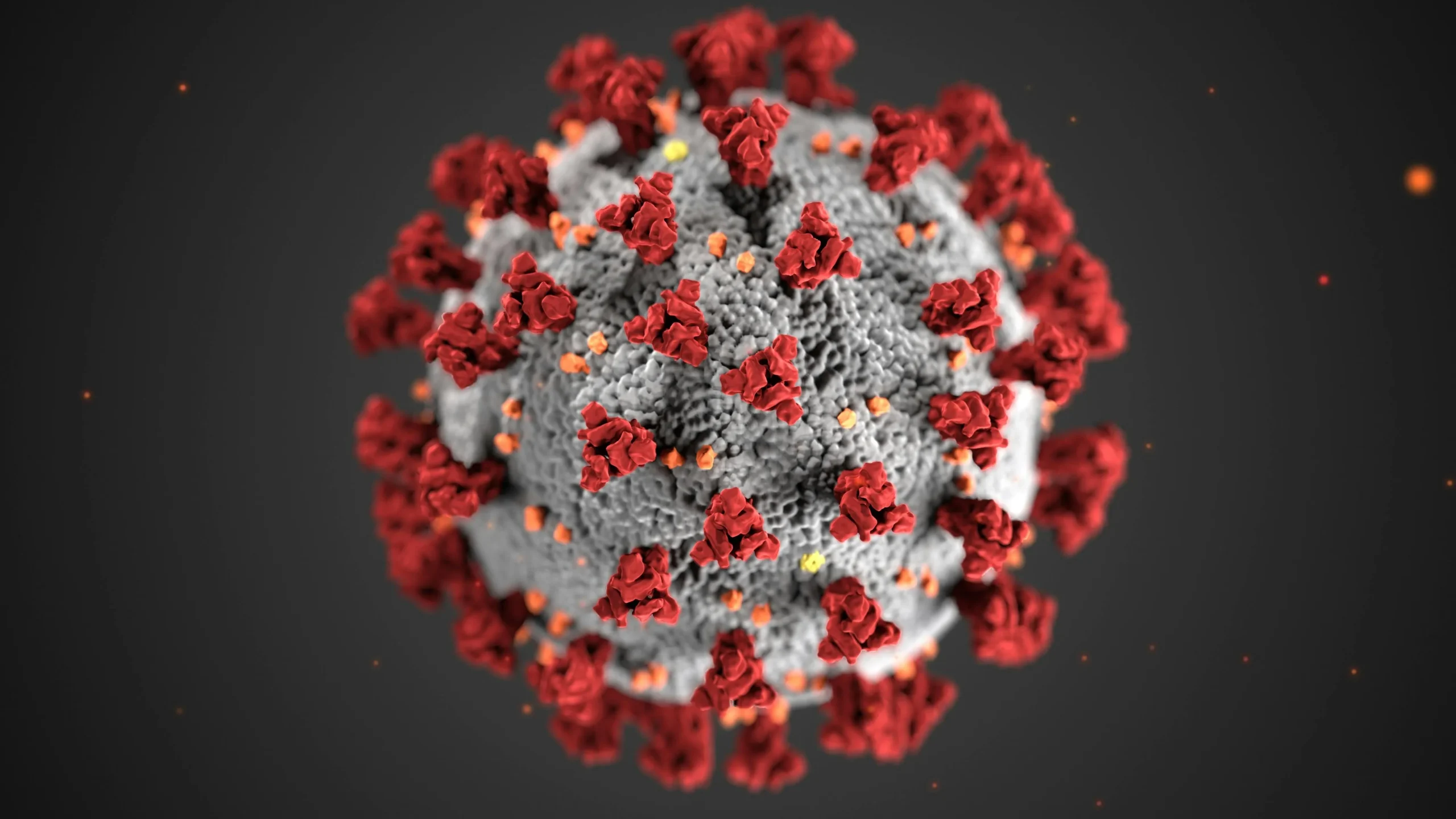
Pneumagen Publishes Promising Phase II Results of Neumifil in Peer-Reviewed Journal, Demonstrating Potential as Broad-Spectrum Antiviral for Respiratory Infections
Pneumagen, a clinical-stage biotechnology company focused on developing broad-spectrum antivirals, announced the peer-reviewed publication of its positive Phase II clinical trial data for Neumifil (HEX17)—an intranasal therapy designed to prevent and treat viral respiratory tract infections (RTIs), including influenza. The findings, now published in the journal Infectious Diseases and Therapy, support Neumifil’s potential as a novel, first-in-class, protein-based antiviral for respiratory viral infections.
The paper, titled “A Phase II, randomised, double-blind, placebo-controlled study to evaluate the efficacy of HEX17, a novel broad-spectrum antiviral drug, in a controlled human infection model of influenza challenge,” is accessible via Pneumagen’s website under the Publications section.
Statistically Significant Reduction in Symptomatic Influenza
The published results highlight that Neumifil significantly reduced the incidence of symptomatic influenza infections compared to placebo, achieving both clinical and statistical significance. Additionally, the therapy demonstrated a strong safety profile, with no emergent adverse events or new safety concerns identified during the study.
Neumifil, a unique intranasal spray formulation, acts as a host-targeted therapy that blocks viral entry into cells by binding to sialic acid-containing glycans on the surface of the respiratory epithelium. This mechanism enables it to inhibit a wide range of respiratory viruses, including influenza, respiratory syncytial virus (RSV), and coronaviruses.
Study Design and Key Findings
The Phase II Proof-of-Concept Controlled Human Infection Model (CHIM) study (ClinicalTrials.gov Identifier: NCT05507567) was conducted at a single center and involved 104 healthy adult participants. Volunteers were randomized in a double-blind, placebo-controlled design to receive either one of two dosing regimens of Neumifil or a placebo, administered intranasally. Following treatment, participants were deliberately exposed to an influenza virus to assess the drug’s protective efficacy.
The primary endpoints of the study were:
- Incidence of symptomatic influenza infection
- Severity of influenza symptoms
The pooled Neumifil treatment arms demonstrated a statistically significant reduction in the incidence of symptomatic disease compared to the placebo group. Secondary outcomes also indicated reduced viral load and symptom severity, further reinforcing Neumifil’s potential effectiveness in mitigating the impact of respiratory viruses.
Forward Momentum Toward Broader Development
Encouraged by the Phase II results, Pneumagen is now preparing to advance Neumifil into further clinical trials, with a focus on high-risk populations—particularly those with underlying respiratory conditions such as asthma, COPD, or other chronic lung diseases. Future studies will evaluate Neumifil’s capacity to prevent viral-induced exacerbations, which often lead to hospitalization and long-term health complications.
Executive Commentary
Douglas Thomson, Chief Executive Officer of Pneumagen, emphasized the broader implications of the findings:
“We are proud to have the results of our Phase II study of Neumifil published in a high-impact, peer-reviewed journal. This publication highlights the potential of our novel intranasal broad-spectrum antiviral therapy to dramatically improve outcomes for patients with virus-induced exacerbations and reduce the burden on healthcare systems worldwide.”
Dr. Geoff Kitson, Chief Medical Officer at Pneumagen and lead author of the study, added:
“There remains a significant unmet need in preventing viral-induced exacerbations in patients with underlying pulmonary diseases. In our study, we observed meaningful reductions in symptom severity and viral load, offering hope for a new, effective intervention for at-risk populations.”
Addressing the Global Respiratory Virus Burden
Respiratory tract infections remain a leading cause of morbidity and mortality worldwide, especially among the elderly, immunocompromised individuals, and patients with chronic respiratory conditions. Traditional antivirals often have a narrow spectrum and require early administration to be effective. Neumifil’s broad-spectrum and host-targeted mechanism could allow it to fill a critical gap in current treatment paradigms, offering both prophylactic and therapeutic utility.
As Pneumagen moves forward with Neumifil’s development, the publication of these Phase II data represents a major milestone, reinforcing confidence in the drug’s ability to serve as a transformative therapy for respiratory viral diseases.





